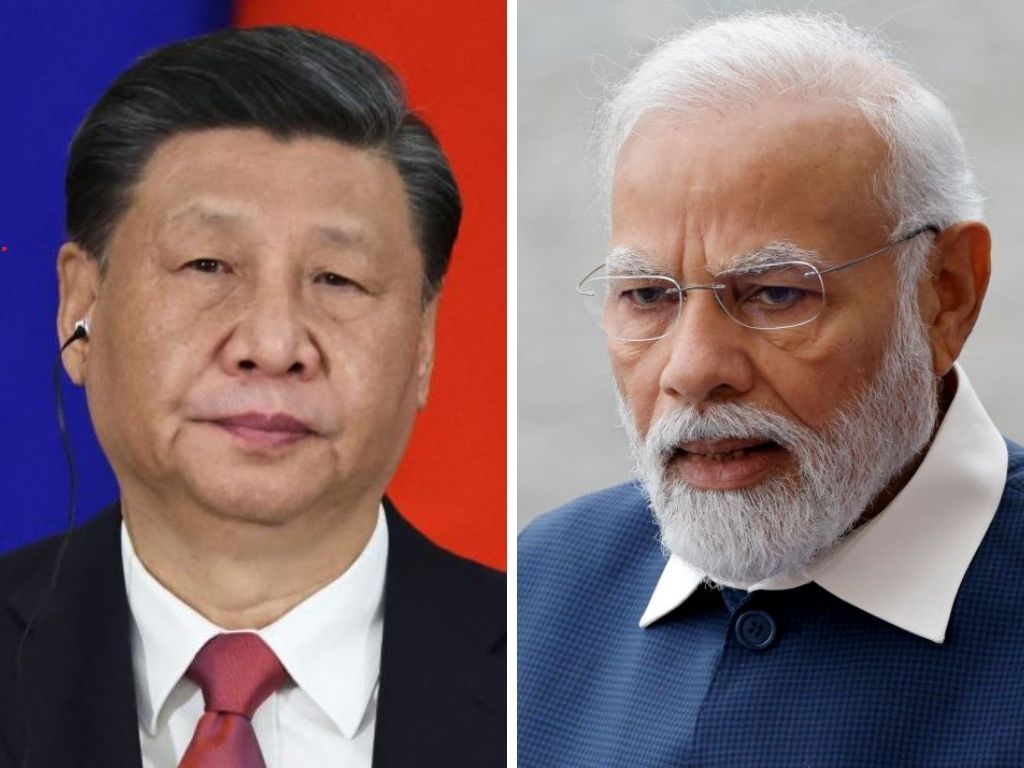- Saturday, July 27, 2024
The two Asian neighbours have involved in verbal exchanges after the ‘standard map’ released by Beijing on August 28 showed Indian state Arunachal Pradesh and the Aksai Chin region as part of China.

By: Shubham Ghosh
THINGS were not looking smooth between India and China ahead of the G20 leaders’ summit in New Delhi on September 9 and 10 after Beijing released on Monday (28) a so-called “standard map” showing the north-eastern-most Indian state of Arunachal Pradesh and Aksai Chin region in the western sector as its parts.
India’s Narendra Modi government sharply reacted to the map a day after its release and rejected its claim. While external affairs minister Subrahmanyam Jaishankar called the claims made in the map “absurd”, the spokesperson of the ministry of external affairs said in a statement while responding to media queries, “We reject these claims as they have no basis. Such steps by the Chinese side only complicate the resolution of the boundary question.”
On Wednesday (30), China reacted to India’s objection saying the “standard map” is Beijing’s normal exercise of sovereignty”.
“The release of the 2023 edition of the standard map of China is the country’s normal exercise of sovereignty in accordance with the law,” the Chinese foreign ministry said.
“It’s hoped that relevant parties will treat it objectively and not over-interpret it,” it added.
The timing of the controversy and the verbal exchanges could pose serious questions over the inclination of Chinese president Xi Jinping to attend the upcoming G20 summit in New Delhi.
India’s Hindustan Times reported citing sources that while China releases the standard map every year, it is the first time that New Delhi has made a serious protest to Beijing over the territorial claims.
The map controversy also comes a week after Xi and Modi spoke briefly during the recent BRICS summit held in Johannesburg, South Africa, where the Indian leader raised concerns over the border dispute. The Indian leadership has reiterated time and again that normal ties with China can resume only after the situation at the border ceases to be abnormal with deployment of troops.
Jaishankar said during a recent interview with India’s NDTV that “absurd claims” do not make other people’s territory yours.
“China has even in the past put out maps which claimed territories which are not China’s, which belong to other countries. This is an old habit of theirs,” Jaishankar was quoted as saying by the channel.
“It is not something which is new. It started in the 1950s. So just by putting out a map claiming territories, some of which are part of India.. I think this doesn’t change (anything). These are very much part of India,” the diplomat said.